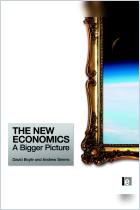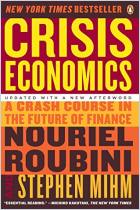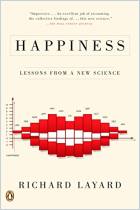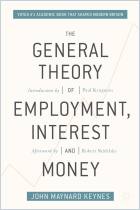
SuperCycles
The New Economic Force Transforming Global Markets and Investment Strategy
Read offline
Recommendation
In classic economic theory, market forces move the global economy toward a balance in the creation and consumption of products and services. In reality, markets rarely settle into a steady equilibrium that neatly matches supply and demand. Arun Motianey sets out a new paradigm to explain this mismatch – and much more. He says serial disequilibrium drives “SuperCycles,” decades-long sequences of economic expansions, recessions and recoveries marked by a common pattern of changes in the prices of inputs and outputs. The “Classical SuperCycle,” which ended with the Great Depression, lasted almost 60 years. The “Modern SuperCycle,” which began in 1979, may die younger, largely because increased borrowing and other “financialization” forces are accelerating its advance. Instead of letting this unfold, regulators should set policies that sustain the Modern SuperCycle. Motianey criticizes classical macroeconomics’ poor predictive power and proposes that the SuperCycle may provide a defined structure that could make it easier to foresee the economic future. getAbstract recommends this lucid, if sometimes contrarian, book to readers intrigued by fiscal history and by new ways to understand long-term economic trends.
Take-Aways
About the Author
Arun Motianey was managing director and head of macro research and strategy at Citigroup Global Wealth Management until March 2009, capping his 20-year career with Citigroup.
















Comment on this summary or Comenzar discusión